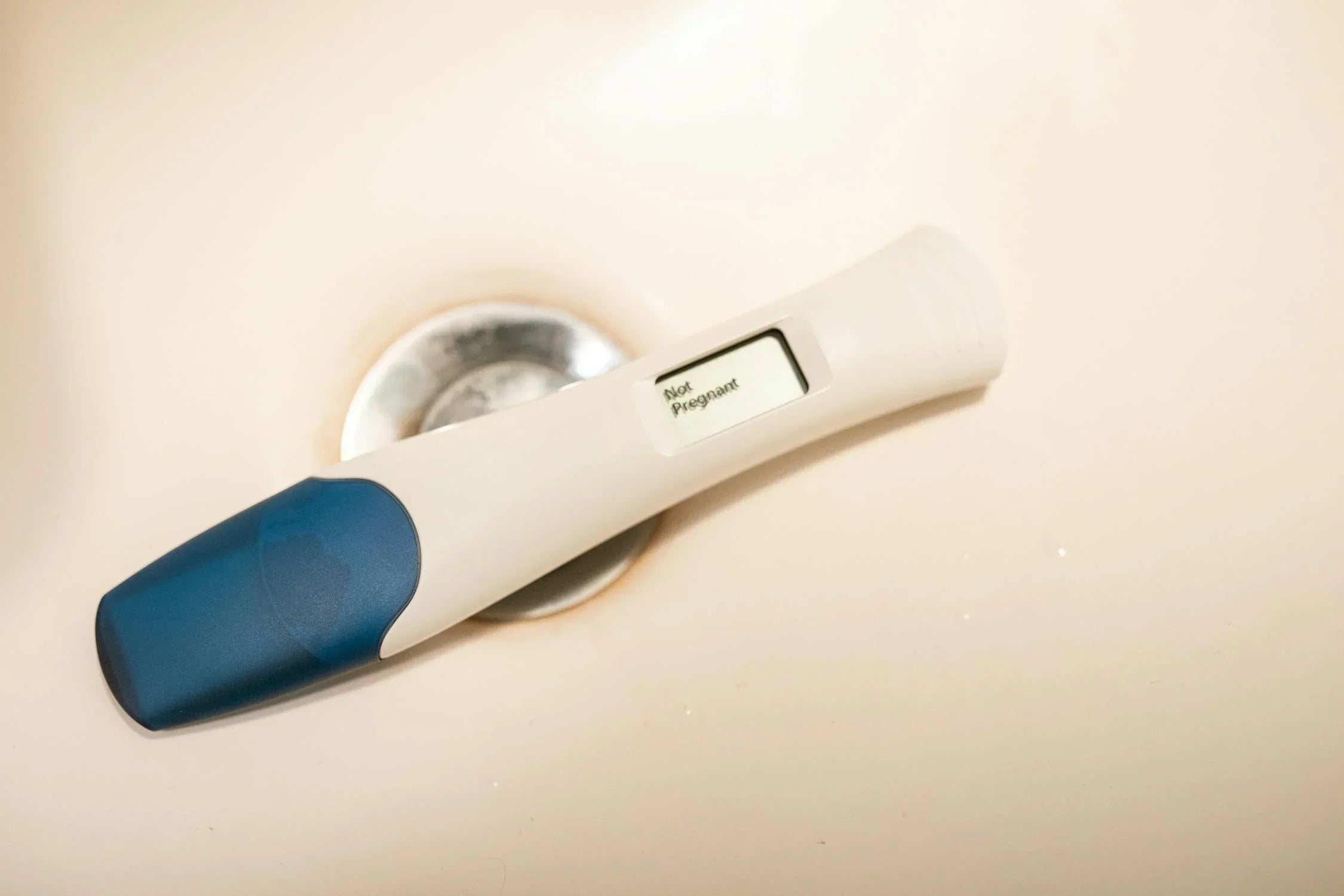Home
Pregnancy, Breastfeeding, and Pumping: The Ultimate Guide for Moms
Do Twin Pregnancies Test Positive Earlier? Exploring the Facts

Do Twin Pregnancies Test Positive Earlier? Exploring the Facts
When it comes to pregnancy, every woman’s experience is unique. But for those expecting twins, the journey can feel even more extraordinary. One common question many women ask is: do twin pregnancies test positive earlier? The answer lies in understanding the role of hCG, the hormone detected by pregnancy tests, and how it behaves in twin pregnancies. Let’s dive into the science and explore what you need to know.
Understanding hCG and Pregnancy Tests
Human chorionic gonadotropin, or hCG, is a hormone produced by the placenta after implantation. It’s the key marker that home pregnancy tests detect to confirm pregnancy. In a typical singleton pregnancy, hCG levels rise rapidly in the early weeks, doubling approximately every 48 to 72 hours. This surge in hCG is what makes it possible for pregnancy tests to detect a positive result as early as 7 to 10 days after conception.
Do Twin Pregnancies Produce More hCG?
Research suggests that twin pregnancies often result in higher hCG levels compared to singleton pregnancies. This is because there are two embryos and, consequently, two placentas producing the hormone. Studies have shown that hCG levels in twin pregnancies can be up to 30% to 50% higher than in singleton pregnancies during the first trimester. This increased production of hCG might lead to an earlier positive result on a pregnancy test.
Can You Test Positive Earlier with Twins?
While higher hCG levels in twin pregnancies could theoretically lead to an earlier positive test, the difference is often minimal. Most home pregnancy tests are designed to detect hCG levels of 25 mIU/mL or higher. In both singleton and twin pregnancies, hCG levels typically reach this threshold around the same time—usually 7 to 10 days after ovulation. However, in twin pregnancies, the hCG levels may rise more quickly after this initial detection, making the positive line on the test appear darker or more pronounced.
Factors That Influence Early Pregnancy Test Results
Several factors can influence when a pregnancy test turns positive, regardless of whether you’re expecting one baby or two. These include:
- Timing of Implantation: Implantation typically occurs 6 to 12 days after ovulation. The earlier implantation happens, the sooner hCG production begins.
- Sensitivity of the Test: Some pregnancy tests are more sensitive and can detect lower levels of hCG, potentially yielding an earlier positive result.
- Time of Testing: Testing with first-morning urine, which is more concentrated, can increase the likelihood of detecting hCG early.
What to Expect in Early Twin Pregnancy
If you suspect you’re pregnant with twins, there are a few early signs to watch for. These may include more pronounced pregnancy symptoms, such as extreme fatigue, nausea, and breast tenderness, due to the higher hCG levels. However, these symptoms can also occur in singleton pregnancies, so they’re not definitive indicators of twins. The only way to confirm a twin pregnancy is through an ultrasound, typically performed around 6 to 8 weeks gestation.
Myths About Twin Pregnancies and Early Testing
There are several myths surrounding twin pregnancies and early testing. One common misconception is that a very early positive test guarantees twins. While higher hCG levels can suggest a twin pregnancy, they can also be influenced by other factors, such as the timing of implantation or the sensitivity of the test. Another myth is that twin pregnancies always result in severe morning sickness. While some women carrying twins do experience more intense symptoms, this isn’t universal.
When to See a Doctor
If you’ve received a positive pregnancy test and suspect you might be carrying twins, it’s important to schedule an appointment with your healthcare provider. They can confirm the pregnancy through blood tests to measure hCG levels and perform an ultrasound to check for multiple embryos. Early prenatal care is crucial for ensuring the health of both you and your babies, especially in a twin pregnancy.
Tips for Early Pregnancy Testing
If you’re trying to conceive and eager to test early, here are a few tips to keep in mind:
- Wait Until After Your Missed Period: Testing too early can result in a false negative. Waiting until after your missed period increases the accuracy of the test.
- Use a Sensitive Test: Opt for a pregnancy test with a lower hCG detection threshold for earlier results.
- Test with First-Morning Urine: This is when hCG levels are most concentrated, improving the chances of an accurate result.
So, do twin pregnancies test positive earlier? While the higher hCG levels in twin pregnancies might lead to a slightly earlier or more pronounced positive result, the difference is often subtle. The most reliable way to confirm a twin pregnancy is through medical testing and ultrasound. Whether you’re expecting one baby or two, the journey of pregnancy is an exciting and transformative experience. Stay informed, listen to your body, and seek guidance from your healthcare provider to ensure a healthy and happy pregnancy.
Share

